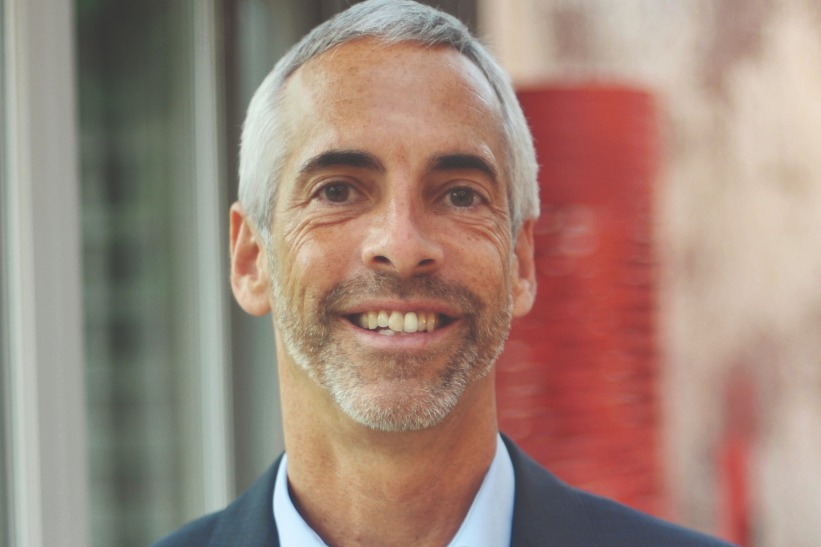Speaking ahead of the two sessions, Russ Shaw, a leader in the global technology community, said open collaboration in technology could make China more productive and help solve common problems.
The phrase “new, high-quality productive forces” has become a popular concept among lawmakers and advisers gathered in Beijing for the annual meetings of the National People’s Congress and the National Committee of the Chinese People’s Political Consultative Conference.
The concept was highlighted at last year’s Central Economic Work Conference, which stated that China will “promote industrial innovation through technological innovation, foster new industries, new models and drivers of growth, and cultivate new high-quality productive forces.”
Russ Shaw
“China has become a highly innovative country, with some of its technologies surpassing those of many Western countries,” said Shaw, founder of Global Tech Advocates, a network that connects 30,000 tech experts, startups and angel investors across more than 25 countries and regions.
“China is at an interesting crossroads right now. It has had phenomenal economic growth and huge infrastructure investment. But like many countries recovering from the (COVID-19) pandemic, growth levels are not as strong as they were before the pandemic,” he added.
Shaw said he believes the emphasis on “new high-quality productive capacity” is a sign that China is trying to tackle some of the complex challenges in its economy, such as an aging population.
“I think making this public is an important step, and we’ll be watching this closely because China needs to be successful in deploying these forces,” he said.
“There’s already something happening in terms of developing the talent to produce good quality electric cars and take advantage of technology and automation,” Shaw said, citing the success of China’s electric vehicle industry chain that it has developed in recent years.
Shaw believes that cooperation is very important in global technological development and governance, and said that when it comes to the rapid upgrade of artificial intelligence, the issue of AI safety will inevitably require international solutions.
“Agreeing to the Bletchley Declaration at the AI Summit, which China also signed, is a big step towards this,” he said, referring to China’s Vice Minister of Science and Technology Wu Zhaohui’s attendance at the UK government’s AI Safety Summit at Bletchley Park in the UK last November.
At a business level, facilitating collaboration is the main mission of the GTA, a non-profit technology network that Shaw founded in London in 2013. It now has five Chinese chapters in Hong Kong, Shanghai, Shenzhen in Guangdong province, Wuxi in Jiangsu province and Chengdu in Sichuan province.
Shaw had visited China multiple times before the pandemic, recently leading a delegation to China to visit the Guangdong-Hong Kong-Macau Greater Bay Area, the Yangtze River Delta and innovation parks in Chongqing to explore collaboration opportunities with local officials and businesspeople, where Shaw said a local partner will open a new branch of GTA this year.
“China is emerging from the pandemic and is eager to engage with the rest of the world. Given the broader geopolitical issues, many of us discussed ways to find ways to cooperate in areas that are beneficial to all and continue our engagement and exchanges,” Shaw said of his impressions of his recent visit.
“Chinese and British tech companies may be able to find ways to penetrate each other’s markets, particularly in areas such as climate technology, healthcare and the energy transition, where both markets are tackling common issues and challenges,” he said.

